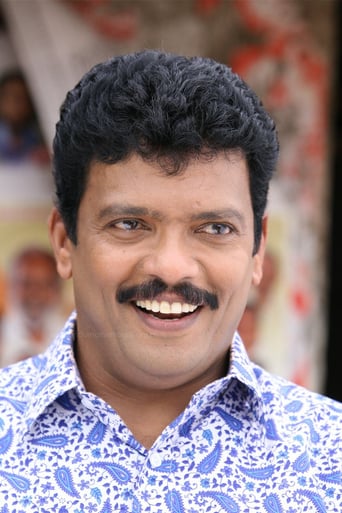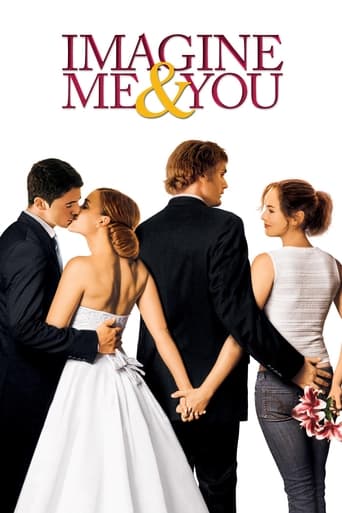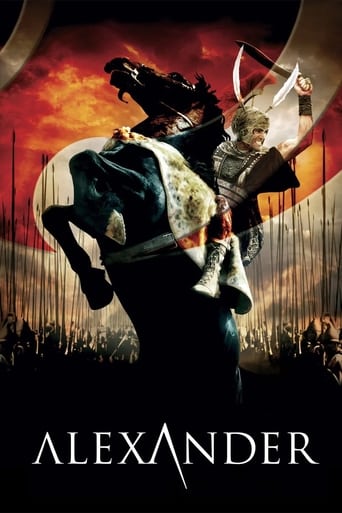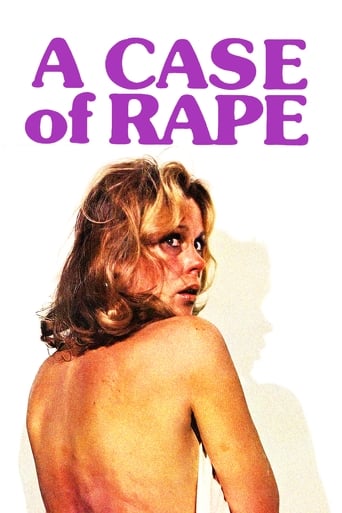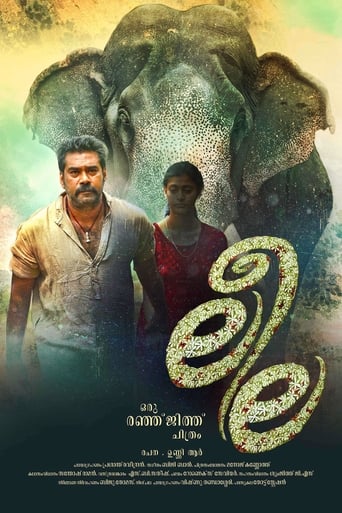

Leela (2016)
Movie narrates the story of Kuttiyappan and his wild fantasies..
Watch Trailer
Cast


Similar titles
Reviews
How sad is this?
A movie that not only functions as a solid scarefest but a razor-sharp satire.
This is a coming of age storyline that you've seen in one form or another for decades. It takes a truly unique voice to make yet another one worth watching.
Watching it is like watching the spectacle of a class clown at their best: you laugh at their jokes, instigate their defiance, and "ooooh" when they get in trouble.
A pretty straightforward film about an eccentric man's relentless pursuit of his sexual fantasy - which is to make love to a woman while an elephant holds her in his tusks. Biju Menon, who was once thought of as a worthy successor to Mamooty and now boasts of reasonable box office clout plays the eccentric Christian man. He is supported by veterans like Vijayaraghavan (who plays his Nair Hindu sidekick) and Jagadish. Apart from providing amusing vignettes from the life of our eccentric hero, the film attempts to ridicule religion, moralists and prohibition activists in Kerala.The problem with provocative films made by Indian filmmakers is that they are always bound to come across as lame compared to similar films from other countries. The truth is that our films lack the gumption to denounce the institutions that control the way we live, with honesty and clarity. So we get meandering and spiritless films like Leela (and Udta Punjab) which are mildly amusing. But in truth, they underscore why we have no freedom of speech in this country because the makers seem to be pulling their punches.I have never been a fan of Renjith the director - he always seems to have one eye on pleasing the audience even when he's making a dark film like Leela. The film is based on a short story by Unni R (who wrote the blockbuster film Charlie).
Leela, the title of the movie and name of one of its central characters obviously has a special scent of carnality around it. However the movie is not completely about what its title suggests. Besides it is also about the present society's hypocrisy, lifestyle and unhealthy trends toward cultural degradation. Our central character Kuttiyappan himself becomes a satire on the modern society. The queerness with his behavior, place of living and mannerisms tell us a lot about the present society. Leela will be Ranjith's first movie to use extensive symbolism. (Also because it is based on a literary piece) We know that cellphone is no more a material. It has become something on which people have invested a huge bundle of their secrets, cares and worries. So this gadget is a unique thing of this century. People find it really hard to separate themselves from it. Whenever it beeps, vibrates or rings they jump on it. Almost always people are busy with this gadget that it has become another organ of human body. Kuttiyappan mocks this that he fixes his cellphone near to his hand. Kuttiyappan's mentioning of Dinkan with other Gods is a perfect mockery on the educated boastful atheists. Dinkan, an abandoned character from a children's comic is now adopted by young atheists as their symbol. However the philosophy of atheism which had always gone to criticize organized religions became part of yet another religion through the adoption of Dinkan as their symbol.Sex has become a ritual. Something that has lost its meaning because of the importance given to body over heart or love. That is the reason why Kuttiyappan is asking the girl to light a lamp before starting what the girl thought for which she came there. The first thing he asks to this girl is to imagine that he 'is her father'. This alludes to the present situation where women feel no security at their own families. He also asks her to cry over his death. Later he comes to know about the poor conditions of the girl. It brings him to some of the fundamental questions regarding morality and survival.His search for elephant is his search for women who have fallen preys to men's sexual fantasies, who have become yet another product that has huge selling value. Marlin Manroe, the most celebrated Hollywood actress is their representative for men's voyeuristic fantasies. On his search for elephants Kuttiyappan meets an environmental activist who rubs some intoxicant in his hand. What could be his worries? About trees being cut down, deforestation and climate change? A cigarette lamp hangs in front of Kuttiyappan's jeep's mirror suggesting the society's addiction to smoking and drugs.When somebody is dead Kuttiyappan goes to attend his funeral. Later he tells us that it was not from drinking alcohol that the person died but from excessive consuming of unhygienic food. This can also extend to fast and junk food culture. Every society has a tendency to forget its past. This easy oblivion is that society's clever escape from its fake moral consciousness. This is what Kuttiyappan wants to mock through the old women whom he takes to roundabouts.Finally he decides to do something against at least a single injustice. Kuttiyappan derives his inspiration from none other than Mahatma Gandhi under whose statue we read: 'first they mock you, then they laugh at you, then they fight you, then you win'. Not so late Kuttiyappan's dead aunt, a woman who might have gone through the oppressive rule of the patriarchy comes in the guise of an angel (an ugly looking angel). She represents a past generation of women who went through the same kind of sexual and domestic torture as that is presently experienced by their later generation The determined Kuttiyappan pauses his symbolic fight with the society for some time and decides to do some act that will wash out sins of his and that of the entire patriarchy he represents. Hence next we meet Kuttiyappan in a government hospital. The untidy atmosphere of the place tell us a lot about our health systems. Pilla (an aged householder) follows Kuttiyappan hoping that he will get a chance to have a sexual relationship outside marriage. He also hopes that he will get a young girl to satiate his sexual desires. Dasappappi follows Kuttiyappan in the hope of arranging somebody for Kuttiyappan and if possible, to find somebody new to his dirty business An old woman Kuttiyappan meets on his way to find an elephant sings a children's song about an elephant; another allusion to objectification of women. It is very interesting to note that Leela's character does not utter a single word in the movie. She has been silenced from the very moment she was misused. The fact that she is silent throughout the movie tells us a lot about the intensity of her suffering. After hearing Leela's suffering we notice Pillechan becoming more and more worried about his daughter who is of Leela's age. He is now far from his fantasies of enjoying a young body. Pillechan who represents old men having their sexual fantasies about young girls is touched by his conscience for the first time after hearing Leela's story. Injustices done to women by men go beyond all limits and transcend little foils from the part of women. Thus, Leela, representative of phallocentric cruelty, gives her consent to the animal (to whom she is objectified) to take her life realizing that a woman is never safe in the hands of men. The final image of Leela is of her dead body carried in Kuttiyappan's aunt's lap which cannot help but recall us of Pietà, the famous sculpture by Michelangelo depicting the Virgin Mary supporting the body of the dead Christ. This movie is a noticeable attempt that will help viewers watch and appreciate films of literary merit.
Movie was not half as good as the story by Unni R. 'Leela' the story is a fascinating piece of art with his touching images and flowing prose. Maybe the story is too off-beat to be made into a movie. Sincerely, Ranjith should not have attempted this misadventure. The visual maestro who made films like "Devasuram", "Nandanam", "Spirit" and many other straight forward entertainers made a major mistake by making this movie based on a bohemian pervert like 'Kuttyappan'.Overall the movie doesn't leave behind any thing positive. As far as acting goes Vijayaraghavan stole the show; maybe his role of Pillaichan' was not very complex like 'Kuttyappan'. Biju was okay but the eccentric nature of the character puts limitations on the scope of acting. Jagadeesh too was superb. Visuals and direction were flawless but the theme is not cinematic.
Kuttiyappan is rich and eccentric. The film begins with him riding a horse to go home after drinking so that cops cannot breathalyse him. His elderly woman caretaker has to climb a ladder every day to deliver his bed coffee through a window. He prays to Gandhi and observes Marilyn Monroe's death anniversary by wearing black. He buys a girl for sex, but makes her cry by pretending to be the corpse of her father. He felicitates retired sex-workers by taking them out in a procession. Dark humour like these is strewn all over this complex, rather difficult to understand film.There are other quirky men in the film. There is Pillechan, who plays Sancho Panza to Kuttiyappan's Don Quixote, as they go in search of a tusker. There is a very efficient pimp, who is always dressed in white. The men are almost always boozing. The film reeks of liquor. The "Leela" of the film appears only in the second half and utters just a single word. There are other women in the film, who are gladly willing to be prostitutes.The film delivers a visual overload and there are plenty of symbols: of Christianity, sexuality, communism etc. There is an angel and of course, the most important symbol of all – the elephant. Making sense of what the elephant stands for is central to the understanding of this film.Leela is a dark and depressing film, but paradoxically shot against the lush backdrop of Kottayam. It demands application of your gray cells to make sense of it. I got the feeling that the director and writer are deliberately challenging the viewers. Even the title "Leela" is a pun. I was able to work out what the elephant represents. It is something that you need to do it yourself.




